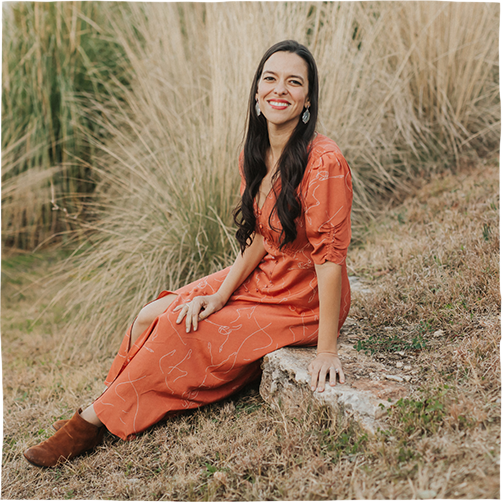My beautiful little daughter has become captivated by the bright star of the harvest season.
She spends her days gleefully yelling “PUMPKIN!!!” at the top of her lungs whenever we pass by a member of the gourd family. And each time I hear her joyful declaration, I am over the moon with delight, because I share the same depth of emotion and excitement whenever I see a pumpkin.
What is it about these beautiful gourds that make them so appealing?
History of Winter Squash in North America
Pumpkins and squash are believed to have originated in the ancient Americas. These early pumpkins were not the traditional round Jack-O-Lanterns that we think of today – rather they were a wide variety of colors and had long, crooked necks. Archeologists have determined that variations of squash and pumpkins were cultivated along river and creek banks along with sunflowers and beans.
Native Americans roasted pumpkin strips over open fires and used them as a food source, long before the arrival of European explorers. Pumpkins helped the Native Americans make it through harsh, long winters. They processed the sweet flesh in numerous ways: roasted, baked, parched, boiled and dried. They ate pumpkin seeds and also used them as a medicine. The blossoms were added to stews. Dried pumpkin could be stored and ground into flour. Pumpkin shells were dried and then used as bowls and containers to store grain, beans and seeds.
It is said that Columbus carried pumpkin seeds back with him to Europe.
How can pumpkins help you:
Known as winter squash, the members of the Curcubitaceae family vary in shape, color, size, and flavor, but they pack a powerful punch.
Excellent Source of Beta Carotene
Pumpkins owe their bright orange color to the high amount of carotenoids present in them. Carotenoids assist in staving off the free radicals in the body, and help in preventing premature aging, cardiovascular diseases and other infections. The carotenoids found in pumpkins exert a protective effect against many types of cancer, especially lung cancer.
Pumpkin Seeds are Rock Stars
Pumpkin seeds are a great source of zinc, B vitamins, magnesium, phosphorus, essential fatty acids, vitamin A, lignans, phenolic antioxidants and phytosterols. Interestingly, the diverse mixture of health promoting compounds in pumpkin seeds may provide them with antioxidant-related properties that are not widely found in other foods. Pumpkin seeds promote prostate health, have antimicrobial and antiviral properties, and support insulin regulation.
Pumpkins keep your eyesight sharp
A cup of cooked, mashed pumpkin contains more than 200-percent of your recommended daily intake of vitamin-A, which aids vision, particularly in dim light. Pumpkins are also high in lutein and zeaxanthin, which scavenge free radicals in the lens of the eye. Therefore, they may help prevent the formation of cataracts and reduce the risk of macular degeneration, a serious eye problem than usually results in blindness.
Great Source of Fiber
Pumpkins are high in fiber; one cup of pumpkin meat contains 3 grams of dietary fiber. A diet high in fiber supports cardiovascular health, as well as gastrointestinal health, and promotes healthy detoxification.


Leave a comment